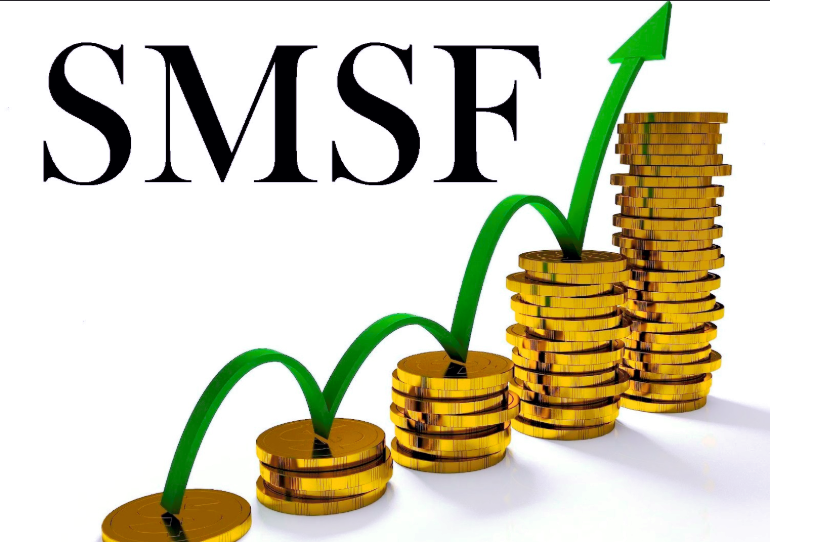ASIC has acted against a further 11 self-managed superannuation fund (SMSF) auditors for breaches of their obligations. This included breaches of auditing and assurance standards, independence requirements, registration conditions, or because ASIC was satisfied the individual was not a fit and proper person to remain registered.
Over the period 1 October 2022 to 31 March 2023, ASIC:
- disqualified seven SMSF auditors;
- imposed additional conditions on three SMSF auditors; and
- cancelled one SMSF auditor.
Ten of these SMSF auditors were referred to ASIC by the Australian Taxation Office (ATO). One SMSF auditor did not comply with conditions imposed by ASIC on their SMSF auditor registration.
This follows the cancellation of 374 SMSF auditors in January 2023 (23-012MR).
ASIC Commissioner Danielle Press said, ‘SMSF auditors play an essential role in supporting confidence in the SMSF sector. To protect the integrity of the SMSF sector, ASIC will continue to act against SMSF auditors whose conduct falls short or who do not meet their obligations.’
Donald Douglas, Clive Henley, Michael Macleod, Phillip Lloyd Scott, Leo Sheppet, Wayne Simpson and Graeme Whyte were disqualified from being SMSF auditors. Their names have been placed on ASIC’s public banned and disqualified register and are not eligible to reapply for registration. Mr Henley has applied to the Administrative Appeals Tribunal for the disqualification decision to be reviewed.
Biren Joshi, Narendra Kasandaria and Leslie McMillan had additional conditions imposed on their registration. Conditions are specific to the auditor (see the SMSF Auditor register), and can require undertaking additional professional development or the SMSF auditor competency exam, having independent reviews of three audit files and/or audit tools, templates and methodology, and notifying their professional accounting association of the additional conditions.
Mark Wright had his registration as an SMSF auditor cancelled.
Background
Approved SMSF auditors are registered with ASIC under the Superannuation Industry (Supervision) Act 1993 (SIS Act).
ASIC and the ATO work closely together as co-regulators of SMSF auditors. The ATO monitors SMSF auditor conduct and can refer matters to ASIC. ASIC also monitors the SMSF auditor population for non-compliance and is empowered to disqualify, suspend, cancel or impose additional conditions on the registration of SMSF auditors.
ASIC may make an order disqualifying or suspending a person from being an approved SMSF auditor, under section 130F of the SIS Act, if the person has failed to carry out or perform adequately and properly the duties and functions of an auditor or is not a fit and proper person to be an approved SMSF auditor. A disqualified SMSF auditor is placed on ASIC’s public banned and disqualified register at connectonline.asic.gov.au and is not eligible to reapply for registration.
ASIC may impose conditions on an SMSF auditor’s registration under section 128D of the SIS Act, or may cancel the registration of an SMSF auditor under section 128E of the SIS Act for non-compliance with conditions or failing to lodge annual statements in the required timeframe.
SMSF auditors have the right to appeal decisions ASIC makes in relation to them under the SIS Act. They may request that ASIC reconsider a decision it has made against them. If the decision is confirmed or varied the SMSF auditor may apply to the Administrative Appeals Tribunal for further review of the decision.
Further information can be found on ASIC’s website and in Regulatory Guide 243 Registration of self-managed superannuation fund auditors.
SMSF trustees and members can check whether their auditor is registered, suspended or has conditions imposed on their registration by searching ASIC’s SMSF Auditor register.
Source from ASIC Website
Please contact Wiselink Accountants for further information.











